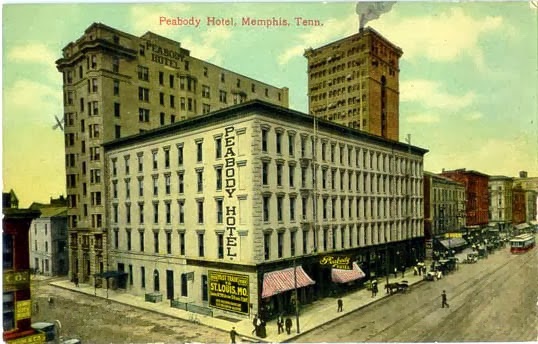Act I, Scene 1:
Glorious Hill, Mississippi: Fictional Mississippi town and the setting for Summer and Smoke and other Williams' plays. The name may ironically suggest Golgotha.
Promethean Figure: After the Titan Prometheus, who brought fire to humans. A "Promethean Figure" is someone who is clever, original, and daring.
Vicksburg, Mississippi: The scene of a major defeat for the Confederate Army during the American Civil War. After the 47-day Siege of Vicksburg under the command of Major General Ulysses S. Grant, the Union Army gained command of the Mississippi. The end of the siege coincided with General Robert E. Lee's defeat at Gettysburg, both events signalling the turning of the war towards the Union's favor.
Apple-Jack Brandy: A hard, concentrated, cider. Mississippi in the period in which Summer and Smoke is set had already legally-enacted Prohibition. Mississippi was the first state to outlaw the sale of alcohol in 1908. The state not only was the first to ratify the 18th Amendment to the US Constitution outlawing the sale and consumption of alcohol in 1919, it was also the last state to abandon Prohibition in 1966.
Lyon, Mississippi: Town in Northwest Mississippi, which is also referenced in Williams' poem "The Couple."
Fever Epidemic: Chances are that the Doctors Buchanan, father and son, are battling against an outbreak of Yellow Fever. While this disease had been understood and controlled by 1914, a yellow fever epidemic had struck New Orleans in 1905 killing approximately 900 people. During the catastrophic epidemic in the South during the latter part of the 19th Century, the fever, as seen in the period illustration by Matt Morgan below, was often personified as “Yellow Jack.”
Palmetto: A short, indigenous palm in the South.
Act I, Scene 2:
Bromo: Short for Bromo-Seltzer, a name brand antacid used to relieve heartburn, but which was also good at combatting the effects of a hangover (made from acetaminophen, sodium bicarbonate and citric acid).
Claret: A Bordeaux wine. Even during the height of Prohibition, sacramental wine was exempted. Therefore, it would not have been illegal for claret to be found in the Winemiller rectory, although there would doubtlessly still be some in Glorious Hill who would frown on its inclusion in a punch.
Act I, Scene 4:
Four-Dimensional Continuum: Spacetime, which is thought of as the combination of length, width, height, and time.
Magellanic Clouds: (Nubeculae Magellani) Two irregular dwarf galaxies visible from the southern hemisphere.
Act II, Scene 7:
Cook's Tours: Tour company founded by Thomas Cook in Derbyshire in 1841; a forerunner of American Express, which continues to exist under the name Thomas Cook Group, PLC.
Piedras Negras: Town in Northern Mexico on the Rio Grande opposite Eagle Point, Texas.
Maison Blanche: A department store in New Orleans, founded in 1897 by Isidore Newman, a German-Jewish immigrant.
Act II, Scene 12:
Red Goose Shoes: Shoe company based in St. Louis, Missouri. In 1911, the company was merged with the International Shoe Company, the company for which Williams' father, Cornelius Williams, worked, and where Williams himself worked briefly (an experience that the playwright wove into The Glass Menagerie).
Peabody Lobby: The lobby of the Peabody Hotel, Memphis, Tennessee, which continues operation.
The Peabody Hotel, circa 1909.





No comments:
Post a Comment